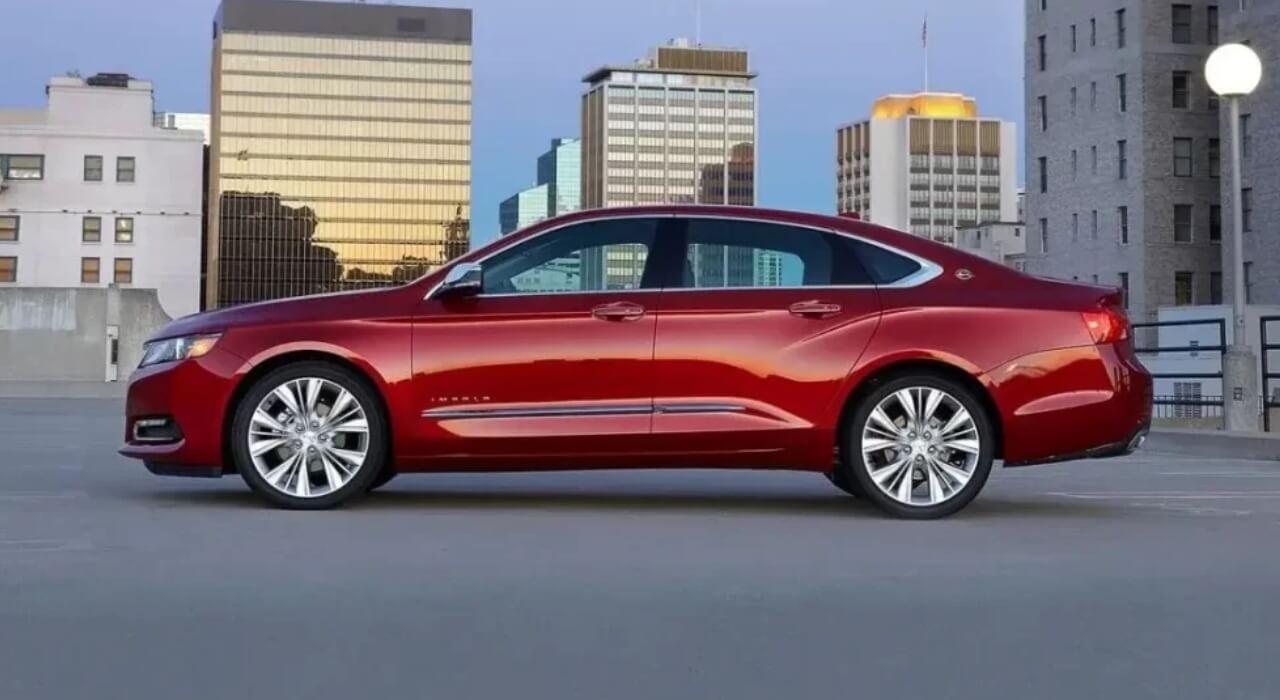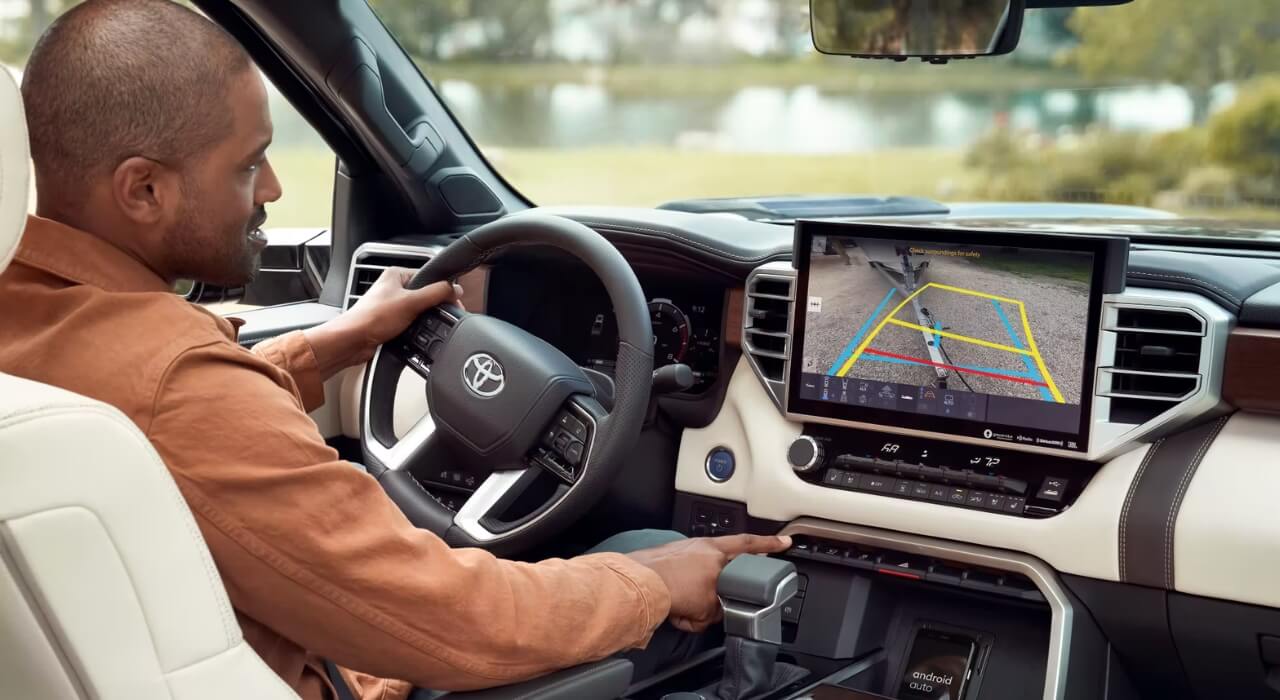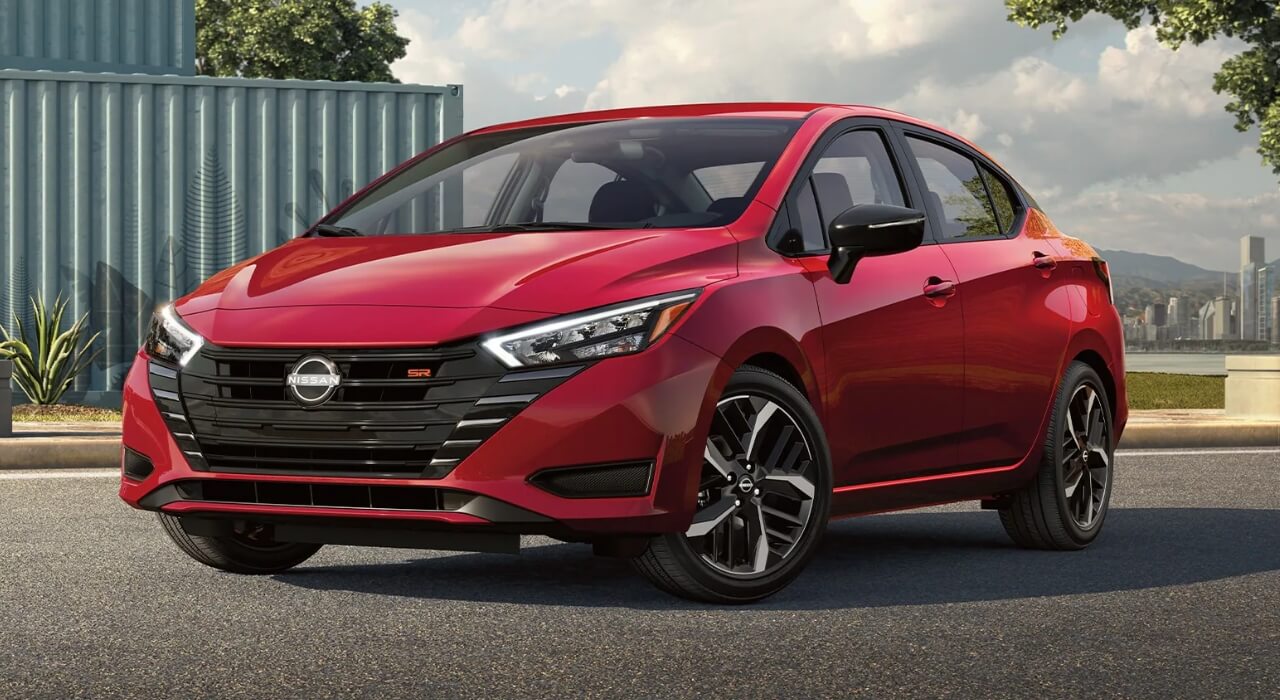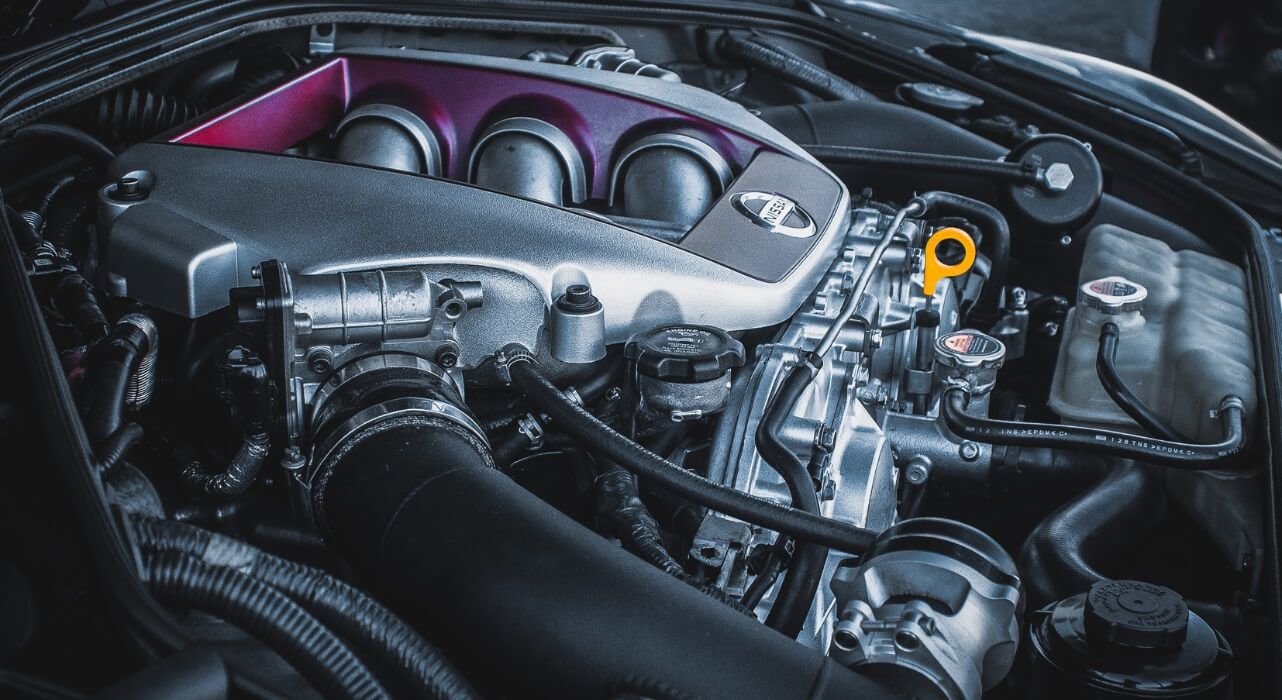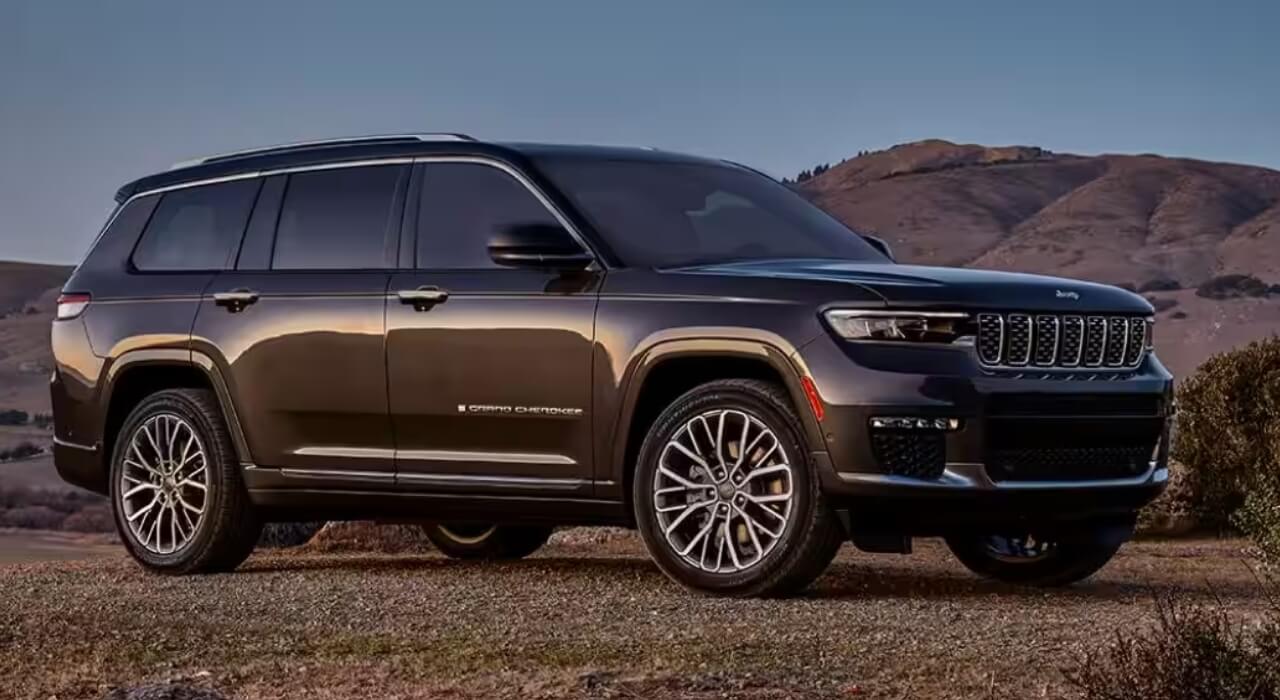There are several factors that determine the engine replacement cost, such as the condition of your vehicle, its make and model, and the location where you want to replace the engine.
We have investigated the potential cost of installing a new engine to get your answer. Few things are as heartbreaking as a completely dead engine, more so than any other type of car breakdown.
Once the engine is gone, it somehow ceases to be a “car” and has the lonely, empty feeling of an echoing, abandoned home. It is an expensive and laborious endeavor, but you need to do it on time to avoid car accidents.
With such ridiculously high prices, is there any hope of replacing the faulty motor? No matter what question you have, this publication guarantees you all the answers you need. We cover the cost of an engine replacement. So, let’s go!
How Does Engine Work?
Let’s briefly go through how a motor works. Electricity is generated when a mixture of fuel and air is pumped into an engine’s cylinder. The mixture ignites with a spark and causes a small explosion.
This happens in the many cylinders of an engine, thousands of times per minute. In each cylinder, a piston moves down as a result of each explosion, and this force is transmitted to the wheels through the gearbox.
Each car comes with different capacities of multiple cylinders, and each of them has different configurations and designs. The cylinder capacities depend on the make and model of the vehicle.
Automakers use different cylinder designs for certain engines, mainly to get more power or to ensure the engine fits in a tight underhood space.
How To Prevent Major Engine Repair or Replacement?
An engine failure is something that nobody wants to have. It’s inconvenient, scary, and expensive. Fortunately, you can often prevent major engine failure by paying close attention to what’s going on inside your vehicle and being mindful of how you drive it.
Suggestion: The Car Shakes When Starting Then Runs Fine.
Read on to learn what you need to do to protect your car’s engine from major damage and malfunction.
1. Regular Car Engine Maintenance
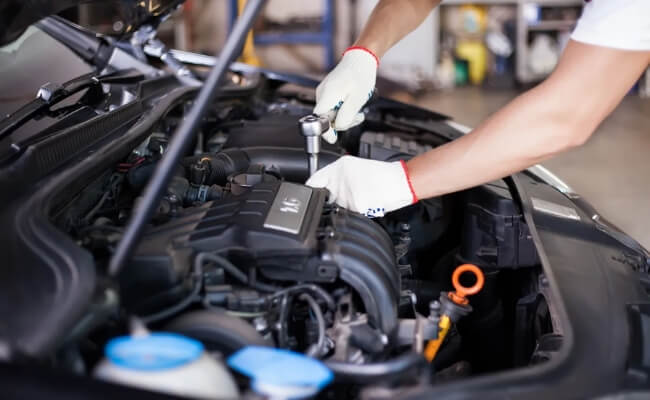
There are more than 40 parts in a car engine that need maintenance and care to survive. For this reason, it is important that you have your vehicle checked by a professional every year as they are trained to routinely inspect these areas for weak points.
This way you don’t have to worry about losing anything when servicing your vehicle’s engine.
2. Change Oil Often
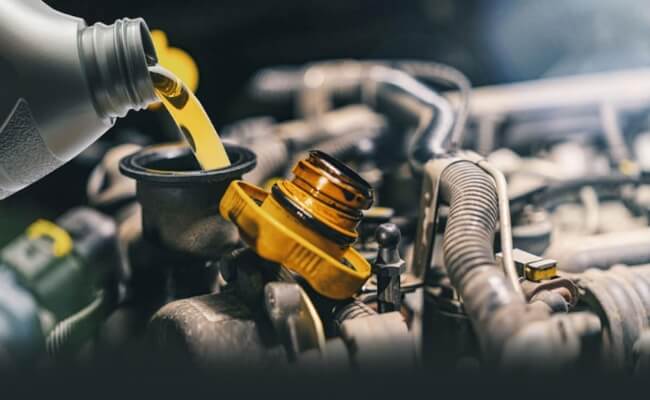
Newly built engines require you to change the oil and filter much more frequently. After using a break-in oil, you should change the oil at 50 miles, 500 miles, and 1500 miles. Again, after about 4,000 miles, there’s no problem switching to synthetic oil if you want to.
Similar Post: 7 High-Quality Spark Plugs for Mercury 2 Stroke Outboards.
3. Overheating Engine
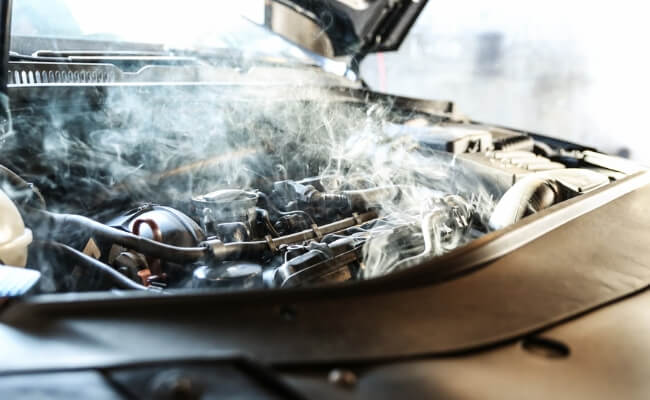
The best way to prevent the engine from overheating is usually to stop and not continue. If you don’t see a lot of coolant hitting the ground, you might be better off just letting the car idle and maybe even increasing the engine RPM while it’s parked to increase the coolant flow. If coolant gets under the car, turn off the engine.
4. Auto Tune Ups
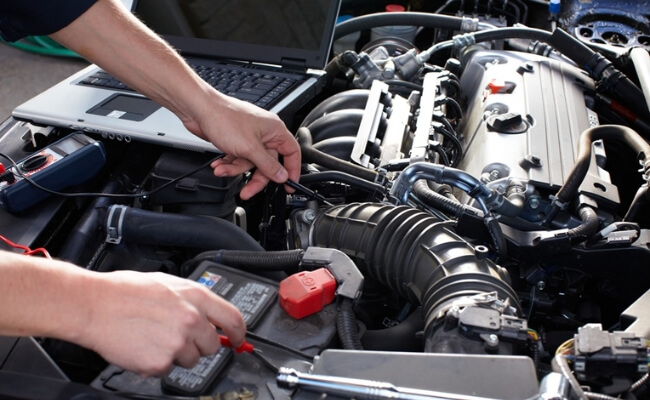
Between 80,000 and 100,000 miles, it is recommended to tune up your car’s engine. Autotuning is a set of services that refresh and restore a vehicle’s engine. These services include the inspection of parts like spark plugs, filters, fuel injectors, and more.
Also Check:
A car tune-up is a great way to restore your car’s engine to health and reduce costly car engine repairs and replacements.
Signs Of A Faulty Engine – Your Engine Needs A Checkup
The engine is the heart of your vehicle, giving your car the power it needs to run properly. If the engine is damaged, it will seriously affect the performance of your car.
Luckily, there are different maintenance tips and tips that save you time and money before they cause more damage to your vehicle.
A. Check Engine Light
Every car has a check engine light on the dashboard. If there is a fault with a vehicle’s engine, component, or sensor affecting the normal operation of the engine, the warning light on the dashboard will flash.
Today’s cars have built-in self-diagnostics that work like a notification system. This system activates the warning signal whenever a minor or major problem occurs.
B. Car Makes Strange Noise
A mysterious noise from the hood is a classic sign that the engine is stalling. That noise comes due to wear or tear to the metal parts of your motors such as bearings, pistons, or other moving parts.
If you hear such noises, you should take your car to a mechanic as soon as possible to prevent further damage. Ignoring this problem can result in your car breaking down on the side of the road and the cost of repairs being significantly higher.
C. Poor Performance
Over time, a car gradually loses mileage and performance due to wear and tear. However, if the car drastically loses power or the mileage drops significantly, the car’s engine needs to be checked.
Sometimes there are minor issues lurking behind the engine that over time can cause significant damage to the vehicle.
Also Check:
D. More Smoke From Exhaust
In winter it is perfectly normal for a little smoke to come out of the vehicle from time to time. However, if your car is emitting thick black, blue, or white smoke when the engine is running, you may need to have it checked by an expert!
Black smoke indicates a problem with the fuel system or an improper fuel mixture.
E. Oil Leak
If you notice puddles of oil under your vehicle, it’s probably due to a leak in your engine. When the oil is used up, there is more friction in the engine, which creates excess heat. Oil leaks are common at engine oil seals and oil pan plugs/oil pan plug washers.
The oil leak is the major reason for engine components’ damage over time. We recommend sealing engine leaks as soon as possible.
Also Read: Perfect Motorcycle Phone Mount.
Know All Factors That Affect Engine Replacement Cost: Labor Time & Cost
Motors are expensive to repair or replace. You should expect to spend several thousand dollars on a new engine, including parts and labor.
When considering an engine swap, there are a variety of factors to consider, one of which is how an “engine” is defined.
1. Types Of Engine
There are certain differences in the cost of replacing different types of car engines, including gasoline, hybrid, and electric. Replacing a traditional gasoline engine with a new engine costs between $4,000 and $6,000 on average.
Suggestion: 7 Bike Rack Options for SUVs with No Hitch.
Using a used engine will drop your cost from $3,000 to $4,000. Hybrid cars have an electric motor and a conventional petrol engine. The motors are usually significantly smaller, which reduces replacement costs.
Replacing the electric motor is a bit more expensive and can range from $6,000 to $9,000.
2. Number Of Blocks
Then come the engine blocks. The type of block you choose will determine how high or low the cost of engine replacement will be. Whether it’s a complete engine, short block, or long block, all prices vary. Short blocks are the best.
3. Vehicle Type
The brand and the vehicle type also contribute to the final price. An engine swap on a rare or vintage car will cost more than a base car with easy-to-find parts. Standard car engines are an inexpensive trade-in due to their easy and quick interchangeability.
4. Labor Costs
Engine replacement labor costs can vary significantly depending on which auto mechanic or auto repair shop you choose. Hourly rates typically range from $90 to $150 per hour.
The time it takes to remove the old engine from your car and replace it with a new one is 10-15 hours, depending on the car and the engine.
Overall Engine Replacement Cost: What To Know
There are no all-inclusive prices for an engine swap. However, an engine replacement in the US costs about $4,250 on average. Several factors can increase or decrease this price. Mechanic fees are at the top of our list.
Don’t Miss To Checkout: New Cars You Can Buy for Under $15,000.
The charges of auto mechanics usually vary from $50 to $100 an hour to replace an engine. And you can expect 20 hours to complete this task.
So you should expect at least $500 to $1,500 in labor costs, plus $9,000 for a high-performance complete engine and up to $500 for a short block engine.
Rebuilding an engine is an affordable option than purchasing a new one. In this method, Firsty’s faulty engine is fully disassembled and then all parts are repaired, refurbished, or changed with new parts.
It may not be a new engine, but if properly overhauled it can extend the life of your vehicle.
Top FAQs About Labor Cost To Replace Engine
Is it worth replacing an engine in a car?
If the rest of the vehicle is in good mechanical condition and it is a newer vehicle, replacing the engine may be the best option from a budget perspective. Changing or rebuilding an engine is a better option as compared to buying a new vehicle for thousand dollars when it comes to saving money.
A remanufactured engine usually lasts as long as a new one. One thing you might want to think about is the age of your vehicle.
Is it cheaper to repair or replace an engine?
Yes, a repaired engine is almost always cheaper than a new one. Buying a new engine to repair is usually cheaper than buying a new engine. A rebuild can save you up to half the cost of a new engine.
In some cases, rebuilding is not a good choice. In cases where a rebuild costs as much as a new engine, your mechanic should tell you about these costs in advance.
How much is labor to replace a car engine?
Shop rates can vary widely, ranging from as little as $90 an hour to over $150 an hour. So, assuming a workshop fee of $110 minimum and $150 maximum, the labor cost for a typical engine swap can range from $1,100 to $1,800.
How long will a car engine last?
In days gone by, the average life of a car engine was eight years or 150,000 miles. New designs, better technology, and improved service standards have increased this average life expectancy to around 200,000 miles, or about 10 years, in recent years.
With an average mileage of around 10,000 to 15,000 miles per year, a three to four-year-old car will have around 30,000 to 40,000 miles on the odometer.
How do I know if I need a new engine?
If you’re no stranger to overheating, even after performing maintenance and repairs to the cooling system, your engine may still develop a cracked engine block, causing irreparable damage.
Excessive exhaust fumes are another worrying sign that your car needs a new engine. Usually, this means that there is an oil, gas, or coolant leak in your engine.
Final Thought
As we’ve seen, the cost to replace a conventional car engine typically ranges from $3,000 to $6,000 but can cost more or less. In addition, you also need to consider labor costs.
It is up to you to decide whether to recondition, replace or buy a new vehicle to keep your car running at a high level of performance for a long period of time.







